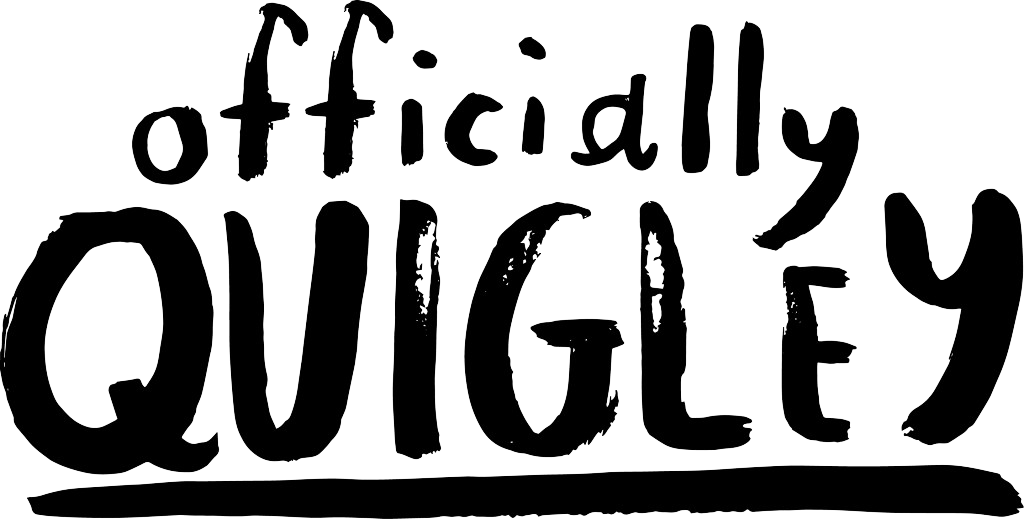The 4 Ways Brands Work with Influencers
In the creative industry, the relationship between brand and creator is ever changing. The world of social media has grown exponentially in the past few years, showing brands the power of influence. It’s so important to keep up-to-date on how brands facilitate partnerships, so that you know what to expect and which ones to accept. Let’s dive in!
1. Gifting
Gifting is when brand offers you a product or service to review organically, no strings attached. Technically, there is no requirement to post. If you genuinely want to try a product, and the brand is reaching out to you, go for it! However, please don’t sign an agreement (or verbally agree) to post any content. Many brands use the term “gifting” but expect a post in return.
With that being said, try not to accept every gifting opportunity. Be intentional. Try your best to post about the “gift” you are reviewing, but eliminate the pressure from the brand to do it. Do it because you want to and not because it is a requirement.
2. Affiliate Links
Affiliate links are trackable, personalized links that you earn a commission percentage from by promoting a brand and its products. This can be a great way to make money on your blog while also conveniently providing direct links to your audience for the products you are using and promoting.
3. Trade for post (TFP)
Trade for post (TFP) is when a brand pays a creator via its product or service in exchange for a post. Our general rule of thumb for these types of partnerships is to say no. If a brand seeks you out, it means it needs you. If you want to turn content creation into a business, it doesn’t service you or your brand to accept parnterships that do not pay you monetarily. Let’s break this down a little…
A brand will try to convince you that the exposure you will receive from its following will be worth the time and labor of creating the content. News flash: you’re worth WAY more than just exposure. The brand will not decide to pay you someday for the work you have been doing for free. Also, exposure is not valuable to you anymore; the algorithm has changed. Your relationship with your audience (aka engagement) matters more.
4. Paid Marketing Campaign
A paid marketing campaign is when a brand hires you to create and promote its product or service via your social channels. Brands can also hire you to create content for its external or internal channels. In both cases, your compensation is monetary. My biggest tip: always have a contract. Contracts clearly outline expectations for all parties, including deliverables, timeline, and compensation.
Want to know how to set rates for brand deals? Check out our Pricing 101 Guide where you will learn how to price yourself and how not to make the mistakes I did when I first started out!

